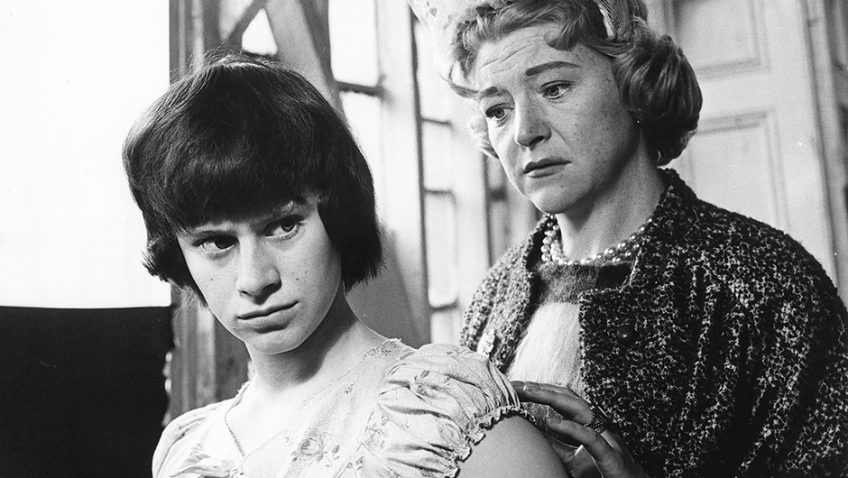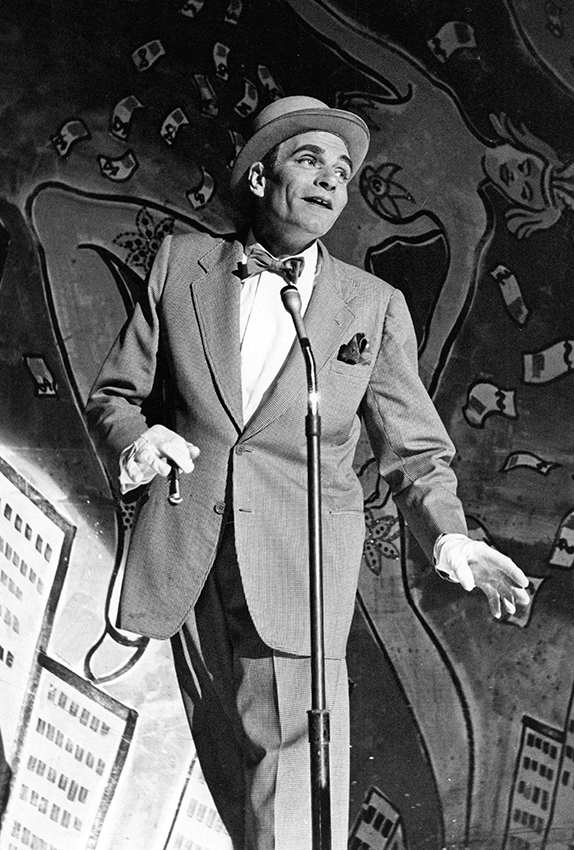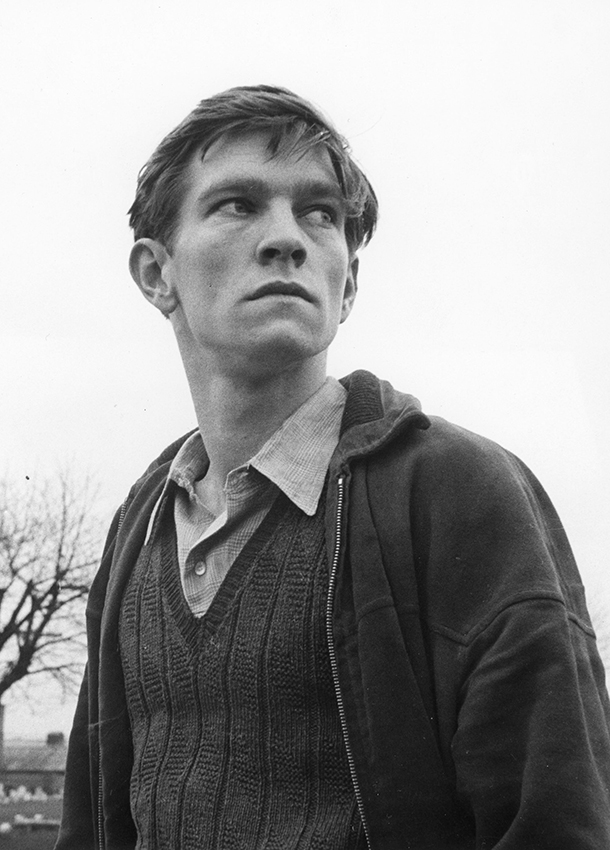Robert Tanitch reviews Woodfall: A Revolution in British Cinema (BFI)
Kenneth Tynan, theatre critic for The Observer, famously said that he didn’t think he could love anybody who didn’t want to see Look Back in Anger. John Osborne’s play was the English Stage Company’s first success and established the Royal Court in 1956 as the place for new plays. The West End theatre was never the same again. Drawing-rooms and French windows were out. Ironing boards and kitchen sinks were in.
It also kicked started a revolution in British cinema. Director Tony Richardson, playwright John Osborne and producer Harry Saltzman joined forces to bring a new realism and a radical and raw approach to the British screen. The Woodfall films in this box set are an important social documentary of working class life in the 1960’s.
Look Back in Anger (1959). Tony Richardson opened up the play and took it out into the streets. Richard Burton played the cult figure, Jimmy Porter, first of the angry young men, spokesman for the disillusioned post-war generation, master of rhetoric and insult. He was self-absorbed, self-¬disgusted and self-pitying. His shrill, bitter, misogynous tirades used to drive people out of the Royal Court Theatre, hurling abuse at the actors. Burton gave a bravura theatrical performance but at 34 he was a bit too old to be playing Jimmy Porter. Mary Ure and Claire Bloom were the unhappy women in his life. Gary Raymond was his best mate. Edith Evans had a scene-stealing cameo as Ma Tanner, a char.
The Entertainer (1960). What made John Osborne’s play so memorable at its premiere in 1959 was the unexpected casting of Laurence Olivier as Archie Rice. The foremost classical actor was not only cast as a camp, sleazy fifth-rate music hall comedian but he was also acting at the Royal Court Theatre, home to all the angry young men. Archie Rice is one of the great 20th century roles and it was a major turning point in Olivier’s career, bringing him into the modern mainstream. Some people thought the character was based on Max Miller. It wasn’t. Archie Rice isn’t a great music hall artist. Max Miller was. The Brenda de Banzi repeated her moving stage performance as his humiliated wife
Saturday Night and Sunday Morning (1960) was a slice of working class life in the Midlands: booze, sex and abortion. 23-year-old Albert Finney had a big success as a bitter, philandering troublemaker who has a dead-end job in a factory. He is having an affair with a married woman (Rachel Roberts). She gets pregnant and he takes up with a younger woman (Shirley Anne Field). “All I want is a good time,” he says. “The rest is propaganda.” Finney made no attempt to make him either likeable or sympathetic. Karl Reiz directed Alan Sillitoe’s script with gritty, kitchen-sink realism.
A Taste of Honey (1961). 18-year-old Shelagh Delaney saw a play by Terence Rattigan and thought I can do better than that. Working class, regional and kitchen sink, it had a big success on stage in 1958. Ignored by her unmarried mother (Dora Bryan, very tarty) a teenager (Rita Tushingham, an award-winning film debut) gets pregnant by a black sailor (Paul Danruah) and is befriended by a sad gay art student (Murray Melvin). Tony Richardson shot it all on location, the first British feature film to do so, and the streets and rivers of Salford AND Birmingham gave the bleak story its rough grainy reality. Melvin’s poignant performance won him Best Actor Award at Cannes Film Festival.
The Loneliness of the Long Distance Runner (1962). A cunning teenage rebel, a miserable sort of bloke, sullen and sour, takes a defiant working class stand against authority whilst he is in prison for a petty crime. The Governor (Michael Redgrave), who runs the Borstal as if it were a public school, sets his heart on winning a cross country championship. 23-year-old Tom Courtenay made a memorable screen debut in this adaptation of Alan Sillitoe’s short story. Tony Richardson directed. Walter Lassally’s camerawork alternated between the bleak and the lyrical.
Tom Jones (1963). A philandering bastard (Albert Finney) pursues an aristocratic beauty (Susannah York). Henry Fielding’s picaresque novel (published 1749) was given the full boisterous, lecherous, treatment by Tony Richardson. The sex farce was played with gusto by a host of well-known actors. David Warner was the villain. Edith Evans used the same vocal inflections she used when she played Lady Bracknell. Joan Greenwood was immensely stylish. Hugh Griffth was unabashed 18th century caricature. Finney and Joyce Redman had a really bawdy meal together and there was a memorable deer-hunting sequence.
Girl with Green Eyes (1964). Rita Tushingham was perfect casting for the Irish-Catholic country girl who comes to Dublin and falls in love with a divorced writer (Peter Finch), old enough to be her father. Her family (caricatured Irish) are appalled. It’s all right for young girls in books to fall in love with older men but not all right in real life! The difference in their upbringing and in their age cannot be bridged. Desmond Davis directed this gentle, off-beat, populist, very nouvelle vague movie based on a story by Edna O’Brien. Tushingham’s wide-eyed innocent was a delight.
The Knack… and How to Get It (1965), Ann Jellicoe’s play, originally seen at the Royal Court Theatre in 1962, was completely dismembered by Richard (“A Hard Day’s Night”) Lester Of the original cast only Rita Tushingham remained She was now joined by Michael Crawford, Ray Brooks and Donal Donnelly. Amazingly, this swing sixties parody of sexual behaviour won the Palme d’Or at Cannes. The film, a zany, anarchic, childish and surreal mess, was very unfunny. The cast ran around London with a bedstead they had picked up in a junkyard. Some people were still are going to be offended by a seventeen-year-old girl begging to be raped.
To learn more about Robert Tanitch and his reviews, click here to go to his website







